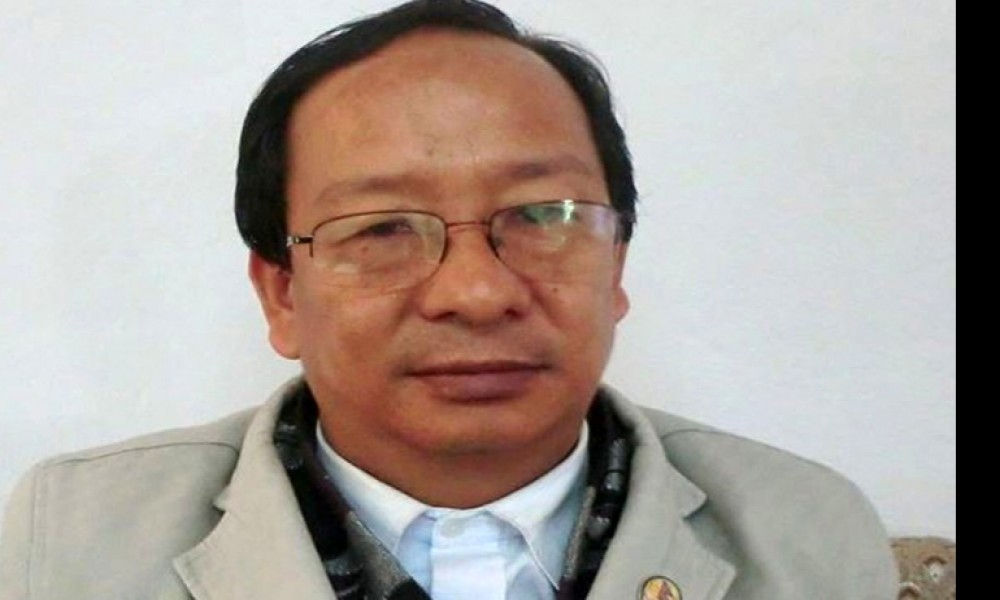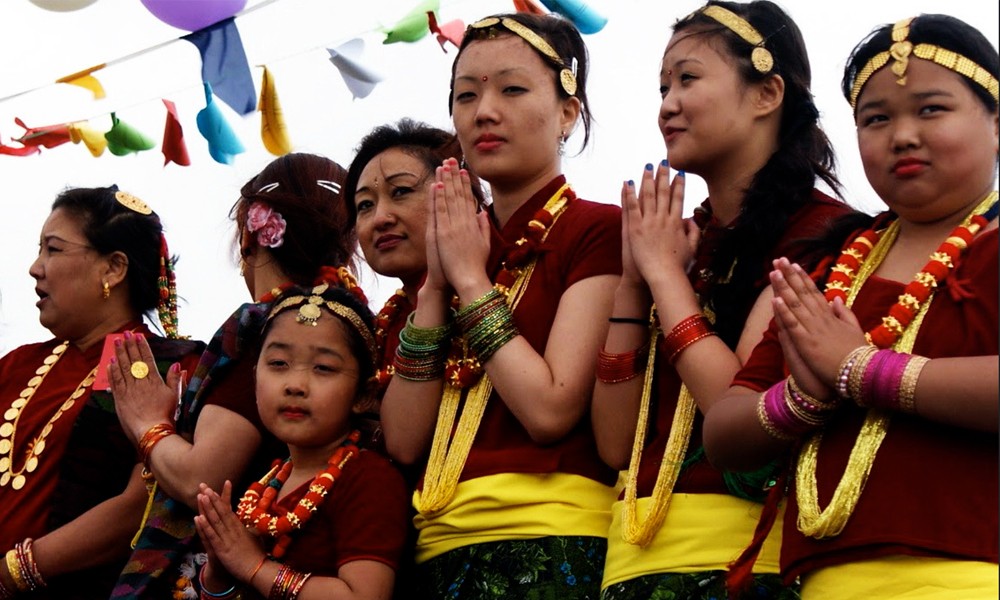R K Khambu
Lawmaker and Chairman of Khambuwan National Front
My friends, relatives, journalists and acquaintances often ask me: how are things moving in the Constituent Assembly (CA)? Are grievances of marginalized, oppressed and minority communities likely to be addressed in the new constitution?
I find it difficult to answer their queries. It is not because I am not aware of what is really going on within the CA. But, it is because I am not too enthusiastic to share with people progress made by the CA. Speaking honestly, there is virtually no hope. I do not have much hope that the new constitution will address concerns of Aadivasi, Janajati, Madhesi, Dalit, Muslim and other backward and minority communities.
Endorsing the first CA's decisions
Shortly after the second CA elections, we lawmakers, no matter which political parties we represent, expressed our commitment to endorse whatever was decided by the first CA. Later, the first meeting of the second CA also took a decision to this effect. It was a right move towards writing a progressive constitution building on achievements of the former CA.
The first CA had taken several decisions towards addressing concerns of marginalized and oppressed communities. Various thematic committees of the first CA had guaranteed rights to self-determination, proportional electoral system, inclusion and secularism. The second CA endorsed all decisions made by the first CA's thematic committees.
Unfortunately, major political parties, the NC and the UML, now want to retreat from decisions of the first CA's thematic committees. Their motives are well manifested in their joint nine-point concept paper about the contents of the new constitution. They have ignored concerns of Indigenous Peoples. It looks like they want to revive the 1990 constitution.
The major political parties, the NC and the UML, now want to retreat from decisions of the first CA's thematic committees. Their motives are well manifested in their joint nine-point concept paper about the contents of the new constitution. They have ignored concerns of Indigenous Peoples. It looks like they want to revive the 1990 constitution.
Hopeless situation
The NC and the UML are hell bent on writing the new constitution through a vote by using their combined two-thirds strength. They are in favor of creating seven federal provinces on basis of geographical landmarks. We do not accept their idea of federating the country. We call it as administrative federalism. It is against decisions of the first CA and agreements that we reached with the government in the past. They want to ignore all our agreements. They are against consensus.
If they succeed, the constitution will not address issues of marginalized, oppressed and minority communities.
Our struggle will continue
We are against the NC and the UML's attempts to pass the new constitution through a vote. We will launch a street movement if they rubbish all our past agreements. We will keep fighting to ensure rights of oppressed communities. Unfortunately, we do not stand united. The NC and the UML have succeeded in creating divisions within us. The Nepal Federation of Indigenous Nationalities (Nefin) is against our agendas. And representation of Indigenous Peoples within the CA is also very nominal.
On caucus
It is not true that we have not formed a caucus. We have a caucus of 13 parties. In fact, it is our caucus that is putting up a brave fight against the NC and the UML's regressive agendas. We are creating pressure within the NC and the UML through this caucus. We are also trying to give it full shape. We have drawn inspirations from the Lawyers' Association of Human Rights of Indigenous Peoples and the International Labor Organization (ILO).
NC and the UML succeed in pushing through their political proposal, the new constitution will not be even as progressive as the 1990 constitution. In their joint proposal, they have given no space for inclusion, secularism and republicanism.
A new conflict
If the NC and the UML succeed in pushing through their political proposal, the new constitution will not be even as progressive as the 1990 constitution. In their joint proposal, they have given no space for inclusion, secularism and republicanism. It looks like they want to revive nationalism of Mahendra Shah, who excluded Indigenous Peoples, Madhesi and Muslims by adopting the policy of one language, one culture and one identity.
We want the new constitution to be written as per spirits of the people's war, Comprehensive Peace Agreement (CPA), 12-point-agreement, agreements with Khambuwan, Limbuwan, Tamsaling and Tharuhat people. And spirits of all these agreements: the new constitution must acknowledge identity of marginalized people. Only then will ages-old discrimination and suppression end. Else, there will still be grievances and a new wave of conflict can begin anytime.









